11 France Stereotypes That Fall Apart the Moment You Visit
Thinking of visiting Paris but worried about what you’ve heard? You’re not alone. Stories float around about rude locals, dirty streets, scams on every corner, and a general distaste for tourists, especially if you don’t speak perfect French.
But here’s the thing: for most travelers who go in with a bit of respect and common sense, those stereotypes fall apart fast.
This post clears the air. These are the 10 most common negative assumptions about the French (especially Parisians) and why they just don’t hold up when you actually visit.
1. “The French Are Rude to Tourists”
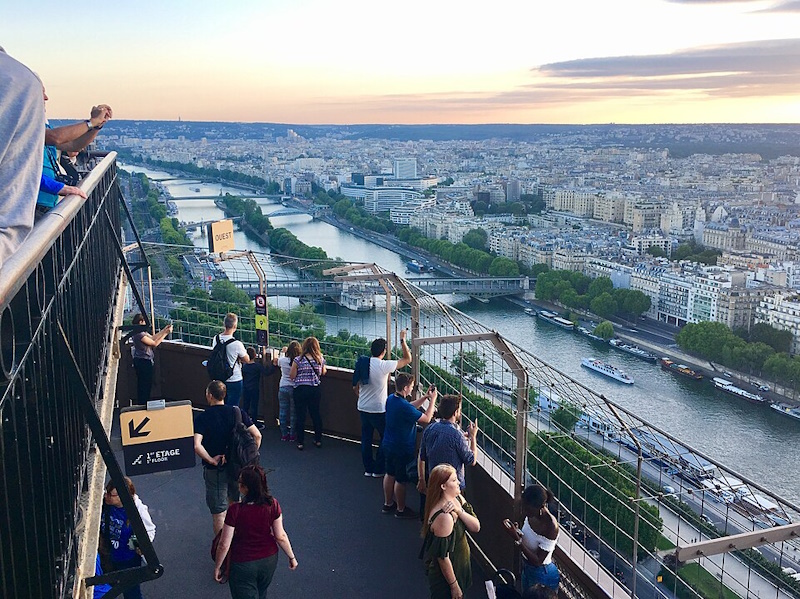
This is probably the most persistent stereotype out there.
In reality, most visitors find Parisians to be kind, helpful, and even warm. A quick “bonjour” before speaking, and suddenly the mood shifts. Staff in cafés, shops, and even busy metro stations often go out of their way to help – sometimes even when they’re off duty.
There’s a difference between being direct (which many French are) and being rude. What feels blunt to Americans or Brits can just be standard communication in France.
And when someone is actually unfriendly? Odds are they’re just having a bad day, like anywhere else.
2. “No One Speaks English, and They’ll Judge You for Trying”
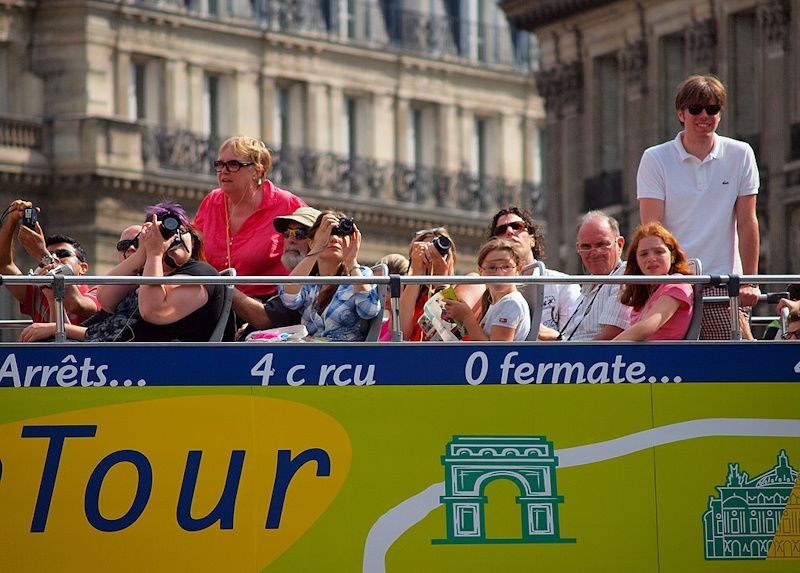
Not true anymore! Especially in Paris.
You’ll hear fluent English in museums, restaurants, hotels, and even bakeries. Many French people will switch to English the moment they hear you struggling.
Some even joke that trying to speak broken French slows the interaction down too much, and they’d rather just help you in English.
That said, trying a few words like “bonjour,” “s’il vous plaît,” and “merci” goes a long way. People appreciate the effort, even if your accent is off.
And if you get corrected? It’s usually done with a smile, not mockery.
3. “The City Is Full of Scams and Pickpockets”
Paris is a big city. Like any major European capital, there are scams and pickpockets, especially around tourist-heavy areas like Châtelet, the Eiffel Tower, Notre-Dame, Sacré-Cœur, or Gare du Nord.
But they’re not hiding behind every corner waiting to strike.
Stay aware, keep your phone in a secure pocket or bag, don’t engage with “surveys” or overly friendly strangers at tourist sites, and you’ll be fine. Most people walk around with their phones out and never have an issue.
Locals know where the pickpockets tend to operate. Many take the metro daily and don’t worry. It’s just about staying alert in certain areas, not walking in fear.
4. “Paris Is Dirty and Smells Like Pee”
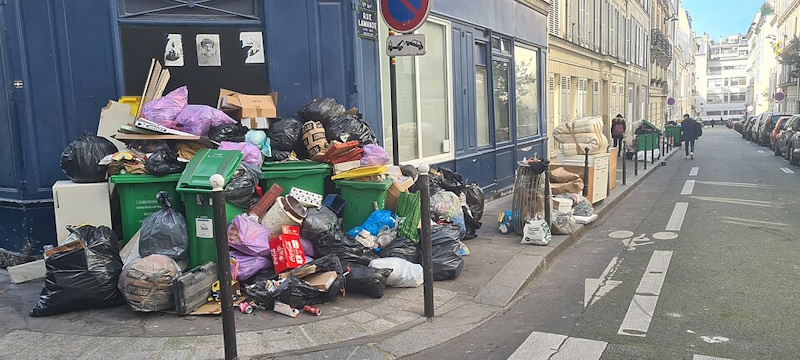
There are some parts of Paris that aren’t spotless. Overflowing bins or occasional unpleasant smells can happen, just like in New York or London. But overall, the city is cleaner than its reputation suggests.
Many visitors are surprised by how well-kept most neighborhoods are. Streets in central areas like Le Marais, the Latin Quarter, and even near the Seine are often tidy and pleasant.
Parks are green and well-maintained, and public transit is relatively clean by big-city standards.
If you’re imagining a trash-strewn, urine-drenched wasteland, you’ll be in for a surprise. That image is more meme than reality.
5. “They Hate Tourists Who Don’t Dress Well”
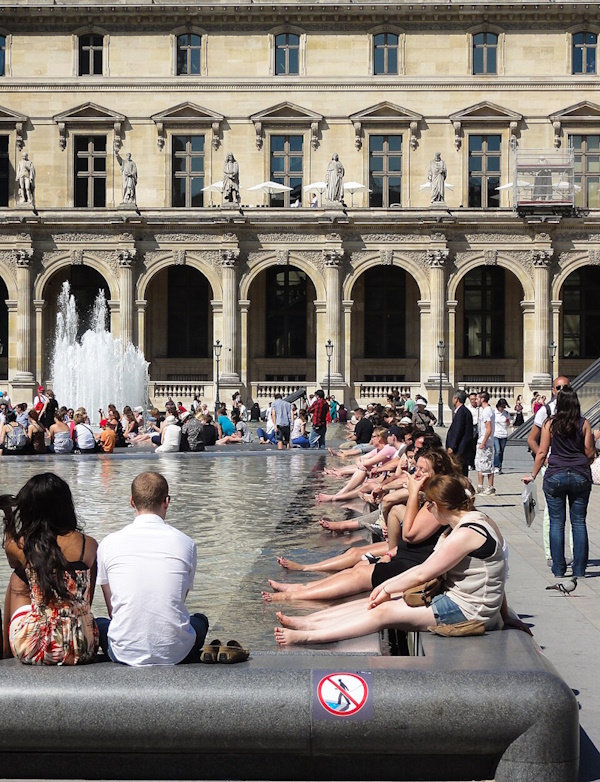
They don’t hate tourists, but appearance does matter.
In France, and especially Paris, there’s a strong culture of understated style. Flashy logos, lots of makeup, loud colors, or super casual outfits can draw looks.
But it’s not about judgment or snobbery. It’s just a different standard of everyday presentation.
Dress neatly and simply, and you’ll blend in more easily. This isn’t a rule to follow for approval, just something that might help if you’re trying to avoid sticking out as a tourist.
Still, many locals are helpful no matter what you wear. Looking “put together” can make a difference in how you’re approached, but it’s not a ticket to kindness or cruelty.
6. “Parisians Are Cold and Standoffish”
Not really. They’re just not big on small talk, smiling at strangers, or striking up random conversations. That doesn’t mean they’re unfriendly. It’s a different social rhythm.
Once you break the ice, many are warm and chatty. Ask for help with directions or recommendations, and you might end up in a full conversation. Say “bonjour” and “au revoir” when entering and leaving shops, and you’ll usually be met with politeness in return.
What feels like distance at first is often just reserve – and it doesn’t take much to get past it.
7. “Paris Isn’t Safe, Especially for Women or Solo Travelers”
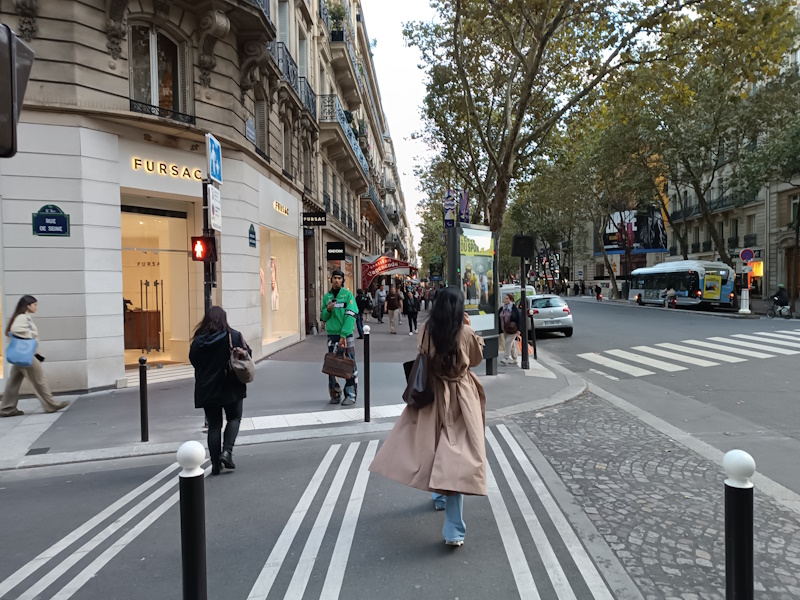
This one creates a lot of anxiety before a trip, and for good reason. Safety matters.
But overwhelmingly, solo travelers (including women) report feeling surprisingly safe in Paris. People walk around at night, take early morning strolls, use the metro late, without incident.
Again, common sense goes a long way: don’t flash valuables, stay alert in crowds, and avoid the few sketchier areas at night.
Interestingly, some women even feel safer in Paris than in cities like London or Barcelona. And pregnant women or those with young kids often experience especially considerate treatment, from priority seating to helpful strangers.
8. “Waiters Are Rude and Dislike Tourists”
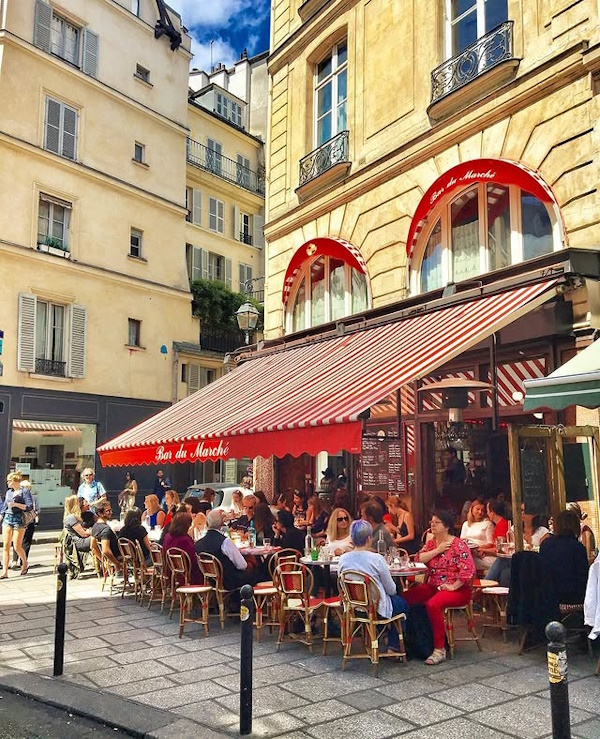
This one comes up a lot, but the reality is usually just cultural difference.
In France, restaurant service isn’t hyper-attentive. You’re not meant to be asked how your meal is every 5 minutes. You’re expected to take your time, enjoy, and ask if you need something.
That can come off as aloof if you’re used to American-style service, but it’s not meant to be unfriendly. Many travelers say they had great chats with servers, especially if they greeted politely, tried a little French, or asked for recommendations.
See also 12 unwritten rules in French cafes
9. “Locals Hate Americans”
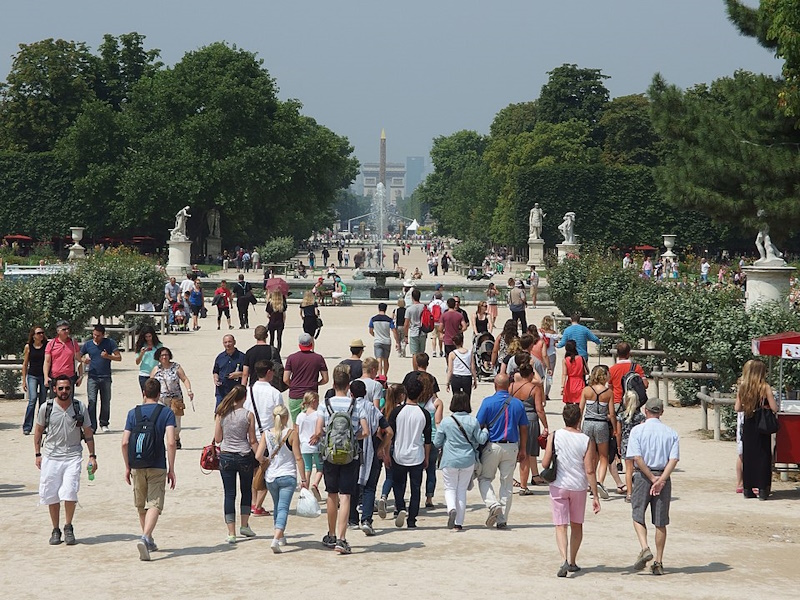
No, they don’t.
In fact, Americans are often treated warmly, especially if they’re polite and show interest in the culture. What locals might dislike is loud, entitled behavior or the assumption that everyone should speak English fluently.
But travelers who show humility and friendliness usually report nothing but positive experiences. Some even feel more welcomed in France than in other European countries.
See also Are Americans still welcome in France ?
10. “Paris Isn’t Family-Friendly”
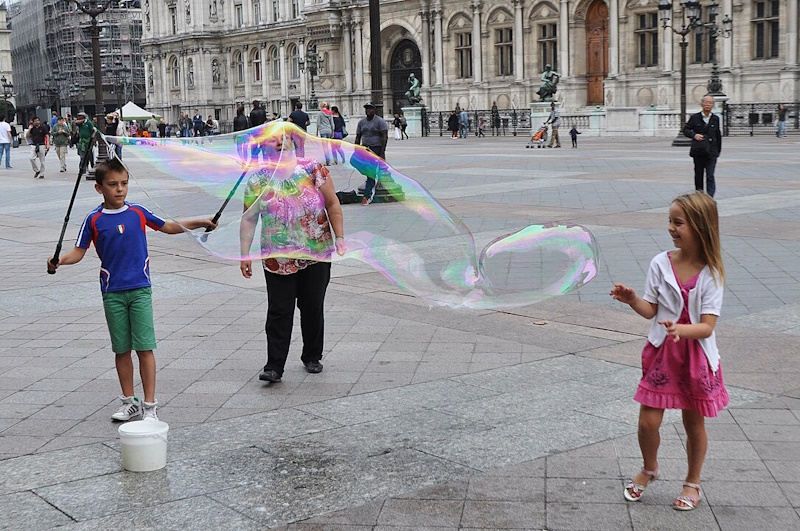
It actually is.
Parents visiting with kids often mention how accommodating people are, helping with strollers, offering seats on the metro, and generally showing patience.
Playgrounds are everywhere, parks are large and shaded, and many museums are surprisingly child-friendly.
Families who worried beforehand often end up relieved by how manageable (and enjoyable) Paris is with kids.
11. “French People Are Always on Strike or Protesting”
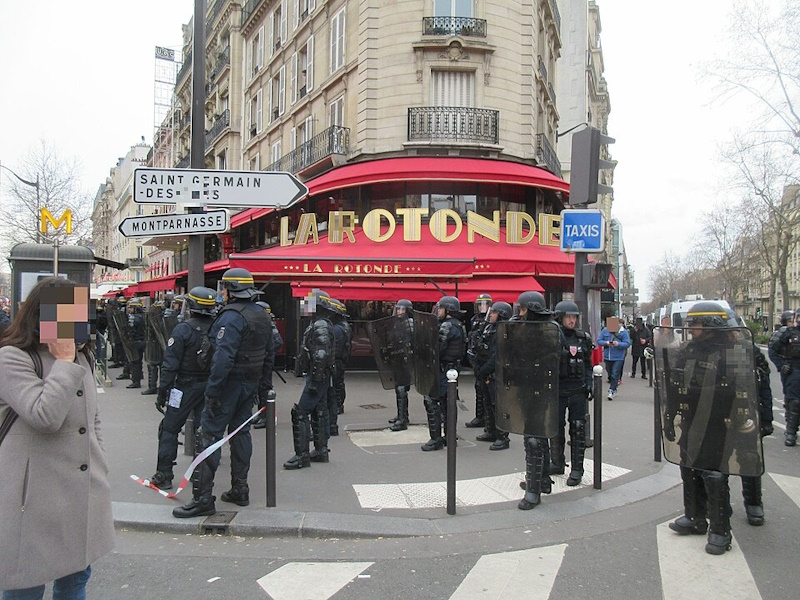
Strikes and protests do happen. But they’re not constant, and they rarely affect most tourists.
Even during large strikes, the metro still runs (maybe with longer waits), and major sights stay open. Protests are often scheduled, announced, and easy to avoid. They don’t usually turn violent or spill into random neighborhoods.
Some travelers even hope to catch one just to see what it’s like – and end up disappointed when they don’t.
Final Thoughts
Paris has a reputation. Some of it comes from outdated ideas, some from isolated bad experiences, and some from cultural mismatches. But for most visitors, those fears disappear quickly once they land.
If you’re heading to France and feeling nervous about how you’ll be treated, don’t be. Go in with respect, curiosity, and a bit of French in your pocket, and you’ll likely leave wondering what all the worry was about.
